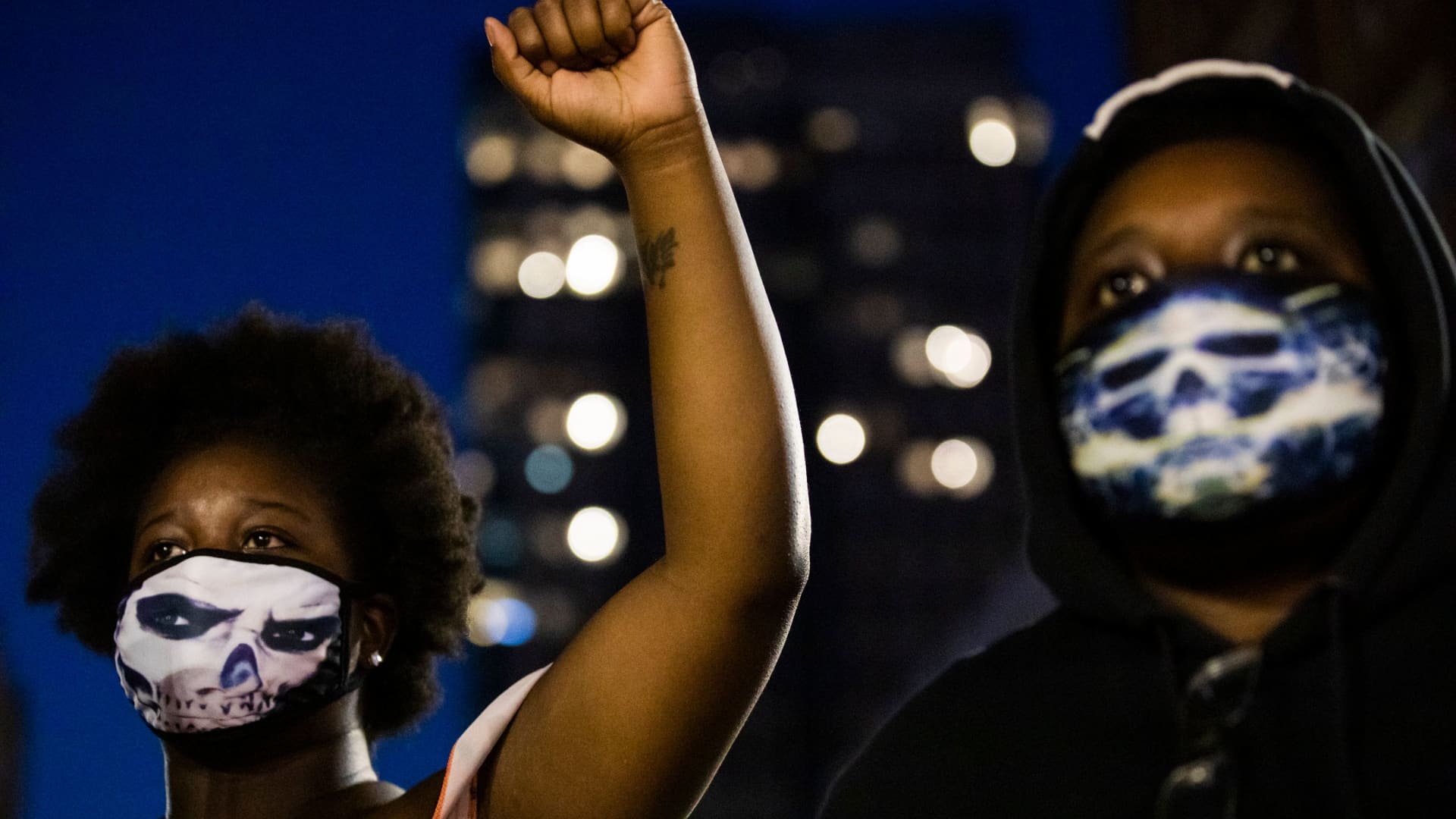- Mar 11, 2015
- 82,301
- 47,989
- 2,645
So California released a study on reparations. And while we have seen the expected moaning and groaning from the usuals, how about we look at the study?
The report, which will be released Wednesday, offers a comprehensive look at the impacts of enslavement and generations of discrimination on Black Californians and Black Americans more broadly. It finds that the damage to Black communities is extensive and that a variety of intentionally crafted policy, judicial decisions and racism by private actors has created a widespread exclusion of Black people that has not been sufficiently addressed at any level of government.
“Almost 150 years of active, conscious federal, state, and local government action and neglect of duty have resulted in compounded harms that are unique to Black Americans,”

These things have been said here by blacks in this forum. Now you guys can squawk all you want, but it's time to face the truth. Slavery didn't end anything and reparations are being paid to people who have not suffered. Whether you owned slaves or not, you have benefitted from things blacks have been denied. The damage was caused by government policy and the government at every level has done nothing to fix the damage. There was no 40 trillion, there has not been government giving blacks ANYTHING for 60 years. NO OTHER GROUP has been made to endure what blacks have. That's not whining, it is FACT.
Despite this blacks have survived. There is no black victimhood and a subculture of people so weak that they storm the nation's capital over some stuff that was made up because one of them lost an election and could not be president anymore is the epitome of a victim mentality. So man up, because this is the start. The reckoning for America and its relationship with 40 plus million black citizens has come.
California’s unprecedented reparations report details 150 years of anti-Black harm
A new report from California’s first-in-the-country reparations task force details how slavery touched nearly every aspect of Black life in America, producing “innumerable harms” that are still felt today.The report, which will be released Wednesday, offers a comprehensive look at the impacts of enslavement and generations of discrimination on Black Californians and Black Americans more broadly. It finds that the damage to Black communities is extensive and that a variety of intentionally crafted policy, judicial decisions and racism by private actors has created a widespread exclusion of Black people that has not been sufficiently addressed at any level of government.
“Almost 150 years of active, conscious federal, state, and local government action and neglect of duty have resulted in compounded harms that are unique to Black Americans,”

California’s unprecedented reparations report details 150 years of anti-Black harm
In nearly 600 pages, it recounts the “moral and legal wrongs the American and Californian governments have inflicted upon their own Black citizens."These things have been said here by blacks in this forum. Now you guys can squawk all you want, but it's time to face the truth. Slavery didn't end anything and reparations are being paid to people who have not suffered. Whether you owned slaves or not, you have benefitted from things blacks have been denied. The damage was caused by government policy and the government at every level has done nothing to fix the damage. There was no 40 trillion, there has not been government giving blacks ANYTHING for 60 years. NO OTHER GROUP has been made to endure what blacks have. That's not whining, it is FACT.
Despite this blacks have survived. There is no black victimhood and a subculture of people so weak that they storm the nation's capital over some stuff that was made up because one of them lost an election and could not be president anymore is the epitome of a victim mentality. So man up, because this is the start. The reckoning for America and its relationship with 40 plus million black citizens has come.